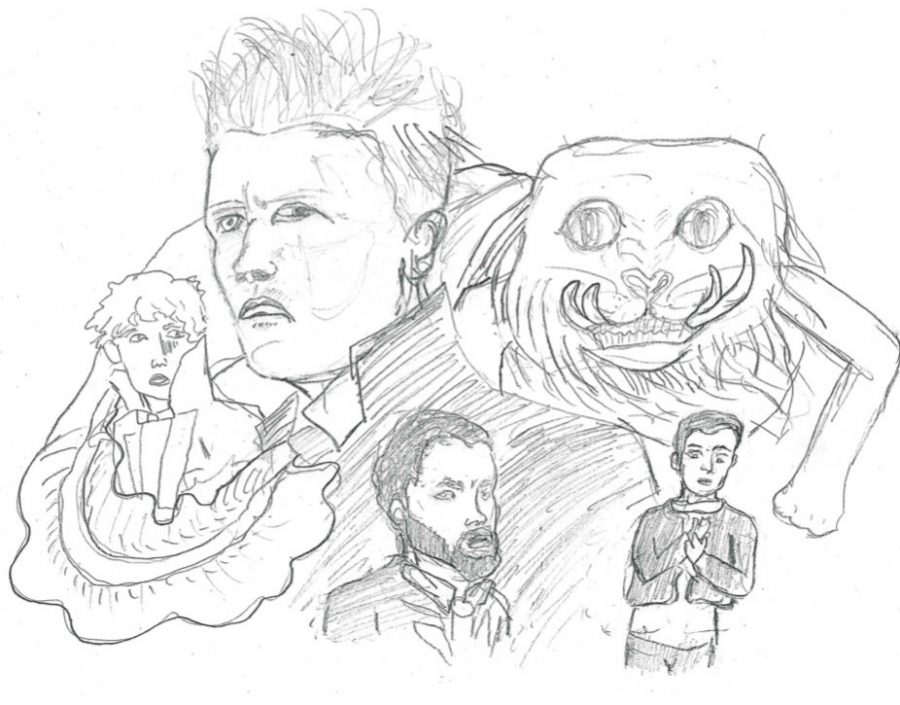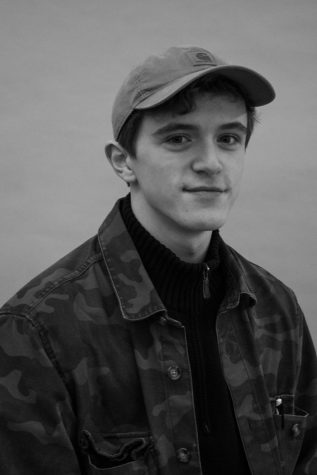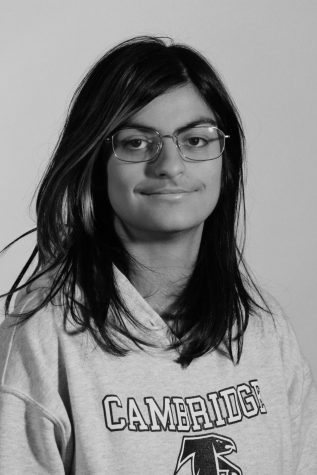Second Chapter of “Fantastic Beasts” Disappoints, Fails To Excite
J.K. Rowling’s Least Magical Outing
November 16, 2018
Falcon rating: 1.5/5
The world established in the Harry Potter movies is a bottomless gold mine of potential sequels and continuations. Any way you move through history—up, down, left, or right—you can’t find a time period that seemingly can’t be made interesting with the addition of wizards and Quidditch. But even if it seems impossible, Fantastic Beasts: The Crimes of Grindelwald proves that you can still make it stupid and, worst of all, boring.
There’s an intentional reason for the title Fantastic Beasts; it’s the most interesting part of the movie. The fantastical creatures and the world they inhabit are far more fleshed out than any of the characters, which leaves the whole movie feeling incredibly hollow. The scenery may be aesthetically pleasing, but without characters to occupy and interact with it, it’s near worthless. The only character I enjoyed watching was Jacob (Dan Fogler), a “Muggle” thrust into the magical world who reacts as one would expect of someone shown that wizards exist.
The identifiable reason the other characters don’t work as well as in the previous movie is that there are too many characters split up into too many small groups. While each group tries to progress the plot forward, there’s a lot of overlap—where different characters have to come to the same conclusions separately, over and over again. Each pod feels like a short and disconnected vignette, where nothing happening on screen has any impact on the larger story, if there is supposed to be one.
The backbone to the whole plot is the mystery surrounding the true identity of Credence Barebone (Ezra Miller), an abused young man with powerful magical abilities latent inside him. However, the reveal was so convoluted, so unimportant, that others in the theater were quite vocal in their confusion and genuine disappointment.
There was a promising beginning to this movie, with ideas that had me anticipating their use later. But that never happened. Gellert Grindelwald (Johnny Depp) is led up to be quite the formidable opponent but by the time the movie is finished, he is merely a traditionally evil villain with nothing more noteworthy than his David Bowie-esque eyes. Many characters receive the same or worse fate, reduced to little more than plot points.
Most of the blame here surprisingly falls on the head of J.K. Rowling, credited as the sole writer of this mess. After decades of work in this magical world, she’s shown a deep understanding of structure and character—both things this movie seriously lacks.
Fantastic Beasts is not without merit, however; director David Yates is at the top of his ability here. Every scene, pointless or not, is well-framed, strategically lit, and shows a clear tone. Some of the action scenes changed shots dizzyingly fast, but it’s a compliment for this to be my biggest complaint with his work. It seems that he is doing his best with what he was given, and he clearly knows what he’s doing—evidenced by his work directing some of the better original Harry Potter movies. With a better script, I believe he could have made a far better movie.
After it was over, I left the cinema asking myself if I understood the ending or not, eventually realizing that it wasn’t my lack of perception but instead the film’s lack of coherence. This was supposed to be the enticing second part of a five-film saga, but, instead, it turned out to be a disappointing and concerning chapter of a not yet started franchise. It even has the gall to end with a cliffhanger—the promise of a sequel I no longer wish to see










